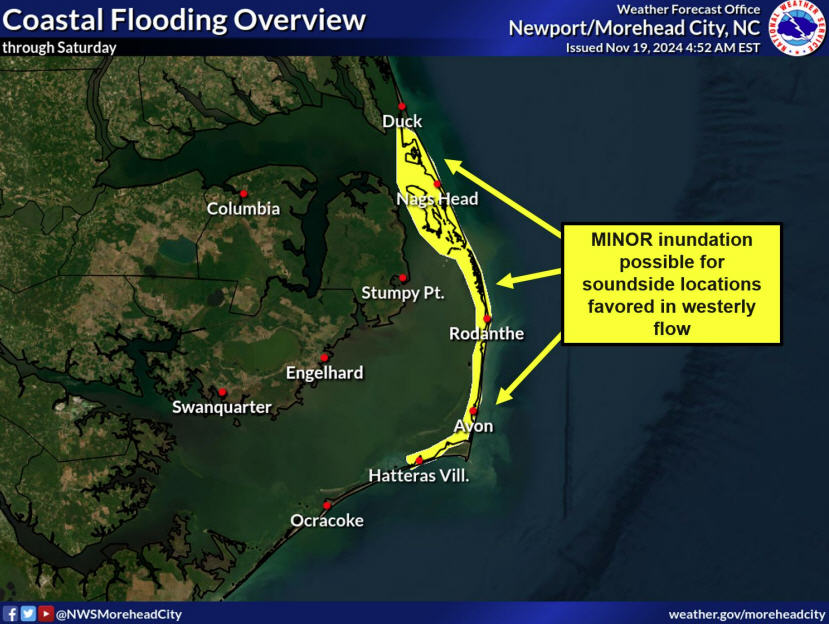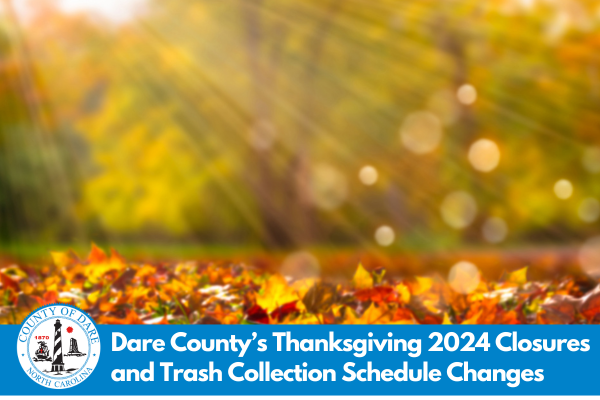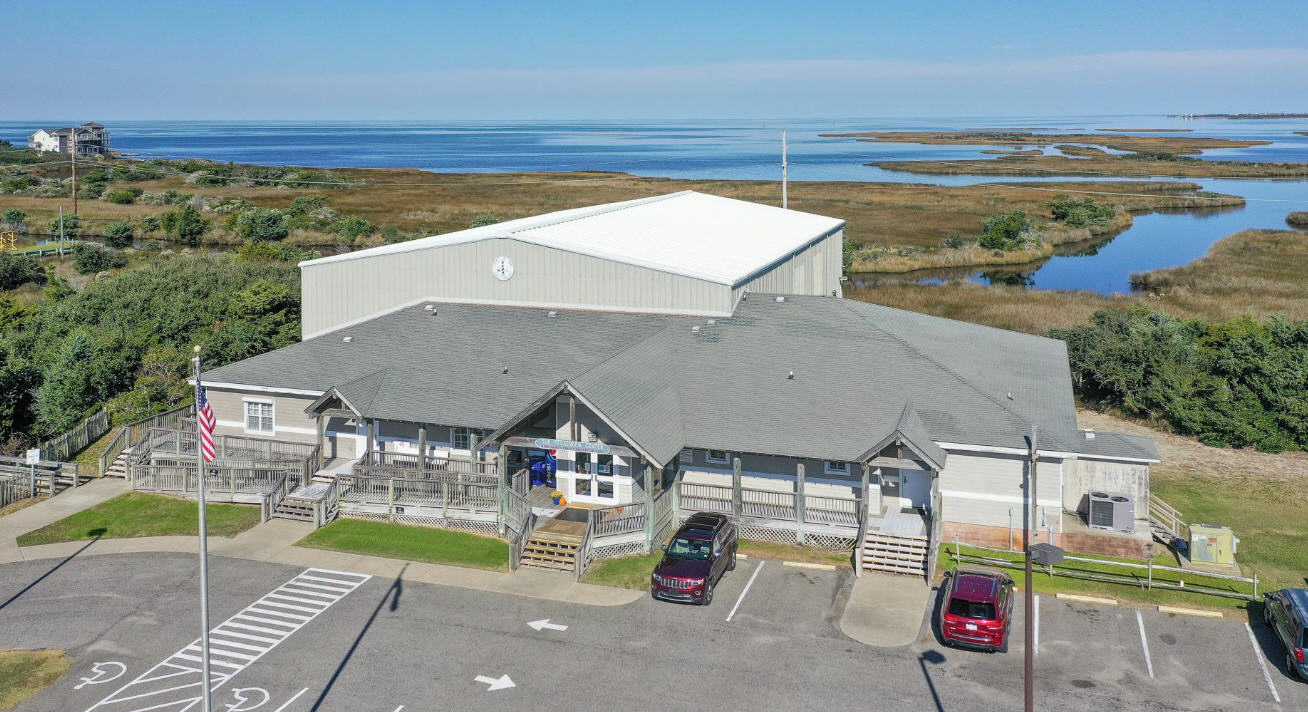HUD to Release Matthew Relief Money
Disaster mitigation funds will be released to areas affected by Hurricane Matthew in 2016, including North Carolina, once the Federal Register notice is published, the federal Department of Housing and Urban Development announced Friday.
The state will receive $168 million in hurricane recovery mitigation funds, according to Gov. Roy Cooper’s office.

Gov. Roy Cooper
Congress passed the mitigation funding in February 2018 to help communities affected by Matthew become stronger and more resilient, according to an announcement from Gov. Roy Cooper’s office. When the Federal Register notice is published, it will direct North Carolina on eligible projects and the state can start the federally mandated process to access the funds. This includes developing a state action plan and submitting it for public comment and approval by HUD. The state is still awaiting notices for other recovery funds associated with Hurricane Florence, nearly a year after that storm.
“I am glad that North Carolina can soon access this important help and we will work hard to make North Carolina stronger and more resilient,” Cooper said. “As we approach the three-year anniversary of the storm we have to keep working with Washington to make this process quicker and more effective. North Carolina still feels the impact from two historic storms in two years and we have to safeguard against future storms.”
The Federal Register notice releases disaster mitigation funds in two tranches, or two portions of the total block of funding, according to HUD. One tranche will include funds for Texas, Louisiana, Florida, North Carolina, South Carolina, West Virginia, California, Missouri and Georgia and the second tranche for Puerto Rico and the U.S. Virgin Islands.
“Recovery efforts in jurisdictions prepared to do their part should not be held back due to alleged corruption, fiscal irregularities and financial mismanagement occurring in Puerto Rico and capacity issues in the U.S. Virgin Islands, which is why HUD will award disaster mitigation funds in two separate tranches,” Carson said in a statement. “Untangling these funds from each other will help recovery and planning move forward in communities capable of properly and prudently disbursing funds, all the while protecting taxpayers who are footing the bill.”












